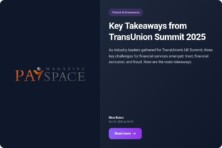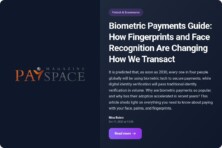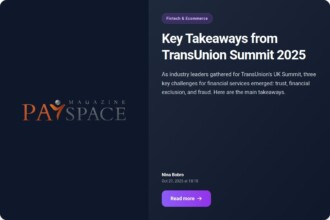The Australian consumer creditor Latitude Financial has received a demand from criminals who carry out their illegal activities in the virtual space to redeem previously stolen data.

Source: motionarray.com
Last month, this company was subjected to a hacker attack. As a result of the actions of cybercriminals, the personal data of the clients of these firms including financial information and documents, among which electronic copies of passports and driver’s licenses, were stolen.
The company, in response to the hackers’ demand, declared a categorical refusal to pay the ransom. In this case, the firm acts in accordance with the norms of the current Australian government’s cybersecurity policy, which provide for ignoring extortion by hackers.
Latitude Financial CEO Bob Belan confirmed the refusal to pay the ransom and stated that even if the company accepted the criminals’ demand and fulfilled all their conditions, there would be no guarantee of the return of confidential customer information. He also noted that fulfilling the requirements of hackers helps to encourage attackers to continue their illegal activities. The elementary foundations of psychology state that a person is inclined to repeat the tactics that allowed him to achieve the desired result.
Bob Belan is convinced that the fulfillment of the ransom condition will cause continued extortion against companies from Australia and New Zealand.
The consumer lender reported a hacker attack in mid-March. The company has begun to restore services after the initial shutdown of systems to deter criminal activity.
The message published by the firm says that regular business operations are being restored, and the main Latitude contact center is back online and operating at full capacity.
The company also announced its readiness to respond to all customer requests as a matter of priority. Separately, it was noted that users can access the services through the Latitude website and mobile application. The company has already resumed work on expanding its customer base.
As we have reported earlier, Hackers Access to Personal Data of 37M T-Mobile Сustomers.









